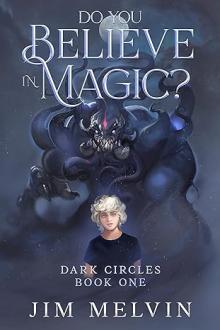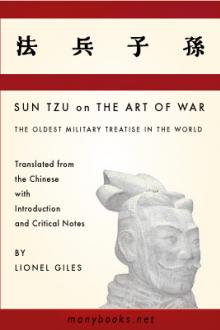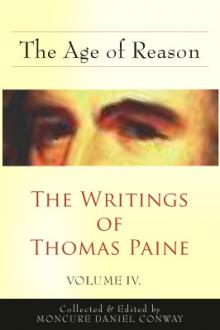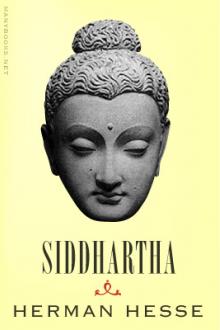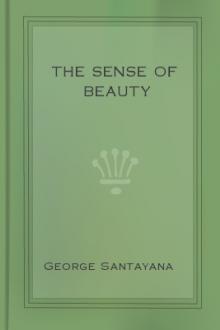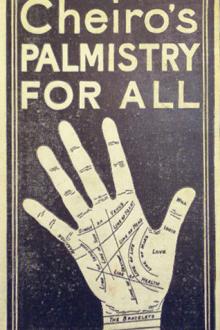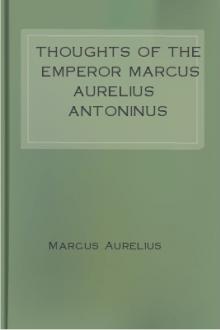Meditations
Meditations
There is probably no more romantic story of a book in the history of literature than that of the volume known as the 'Meditations of Marcus Aurelius.' It is merely the commonplace book or diary of a Roman emperor (121-180 A.D.), who at the end of a very busy and troublous reign, just when worries were thickest, jotted down all the serious thoughts that came to him with regard to the meaning of life and the way it should be lived.
Book Excerpt
to continue more or less during the rest of Marcus's reign. During these wars, in 169, Verus died. We have no means of following the campaigns in detail; but thus much is certain, that in the end the Romans succeeded in crushing the barbarian tribes, and effecting a settlement which made the empire more secure. Marcus was himself comanander-in-chief, and victory was due no less to his own ability than to his wisdom in choice of lieutenants, shown conspicuously in the case of Pertinax. There were several important battles fought in these campaigns; and one of them has become celebrated for the legend of the Thundering Legion. In a battle against the Quadi in 174, the day seemed to he going in favour of the foe, when on a sudden arose a great storm of thunder and rain the lightning struck the barbarians with terror, and they turned to rout. In later days this storm was said to have been sent in answer to the prayers of a legion which contained many Christians, and the name Thundering Legion should he given to
FREE EBOOKS AND DEALS
(view all)Popular books in Religion, Philosophy
Readers reviews
4.5
LoginSign up
good
- Upvote (0)
- Downvote (0)
The Roman Emperor Marcus Aurelius wrote his 'Thoughts' between 170 and 180. Other titles assigned to the same book are: 'Personal Notes', 'Meditations', 'The Meditations of Marcus Aurelius' et al. It is one of the few complete works of a late Stoic philosopher that still exists today. He wrote his 'Thoughts' as personal notes for himself. He writes about solidarity, physical adversity, good and evil, inner freedom and more. 'Thoughts of Marcus Aurelius' is a book full of wisdom that brings comfort and contemplation; it is moving and inspiring. I highly recommend it.
This edition was translated by George Long in 1862. The book does contain a biography of Marcus Aurelius. The 'Thoughs' of Marcus Aurelius are grouped in 12 'books' (chapters). The first book is clearly different from the other eleven; it is a 'thank you' to people who have had a good influence on him. For example: 'From my grandfather Verus (I learned) good morals and the government of my temper.' (I.1). The other eleven books contain his notes. His Stoic philosophy emphasizes ethics, especially everyday problems.
Some quotations from this book:
Since it is possible that thou mayest depart from life this very moment, regulate every act and thought accordingly. (II.11)
Be cheerful also, and seek not external help nor the tranquillity which others give. A man then must stand erect, not be kept erect by others. (III.5)
Always run to the short way; and the short way is the natural: accordingly say and do everything in conformity with the soundest reason. For such a purpose frees a man from trouble, and warfare, and all artifice and ostentatious display. (IV.51)
This edition was translated by George Long in 1862. The book does contain a biography of Marcus Aurelius. The 'Thoughs' of Marcus Aurelius are grouped in 12 'books' (chapters). The first book is clearly different from the other eleven; it is a 'thank you' to people who have had a good influence on him. For example: 'From my grandfather Verus (I learned) good morals and the government of my temper.' (I.1). The other eleven books contain his notes. His Stoic philosophy emphasizes ethics, especially everyday problems.
Some quotations from this book:
Since it is possible that thou mayest depart from life this very moment, regulate every act and thought accordingly. (II.11)
Be cheerful also, and seek not external help nor the tranquillity which others give. A man then must stand erect, not be kept erect by others. (III.5)
Always run to the short way; and the short way is the natural: accordingly say and do everything in conformity with the soundest reason. For such a purpose frees a man from trouble, and warfare, and all artifice and ostentatious display. (IV.51)
07/16/2012
I'm translating the Meditations into the text of my own (frequently rubbergloved) life at www.translatedintohousewife.com (which links to this free edition).
Why?
Because most housework makes me angry, and raising children is intensely emotional, I'm thinking that if I translate his text (and philosophy) into terms bound up with my experience as a housewife, even if I have to wipe pee from around the toilet, I will learn how to be more stoic.
Why?
Because most housework makes me angry, and raising children is intensely emotional, I'm thinking that if I translate his text (and philosophy) into terms bound up with my experience as a housewife, even if I have to wipe pee from around the toilet, I will learn how to be more stoic.
04/04/2011
It is a gift for hunman!
I think we sill get many thought from the works!
I think we sill get many thought from the works!
06/17/2008
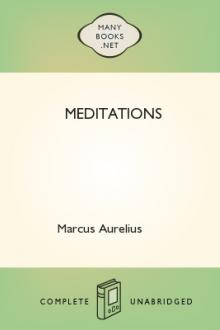
 Free Download
Free Download










